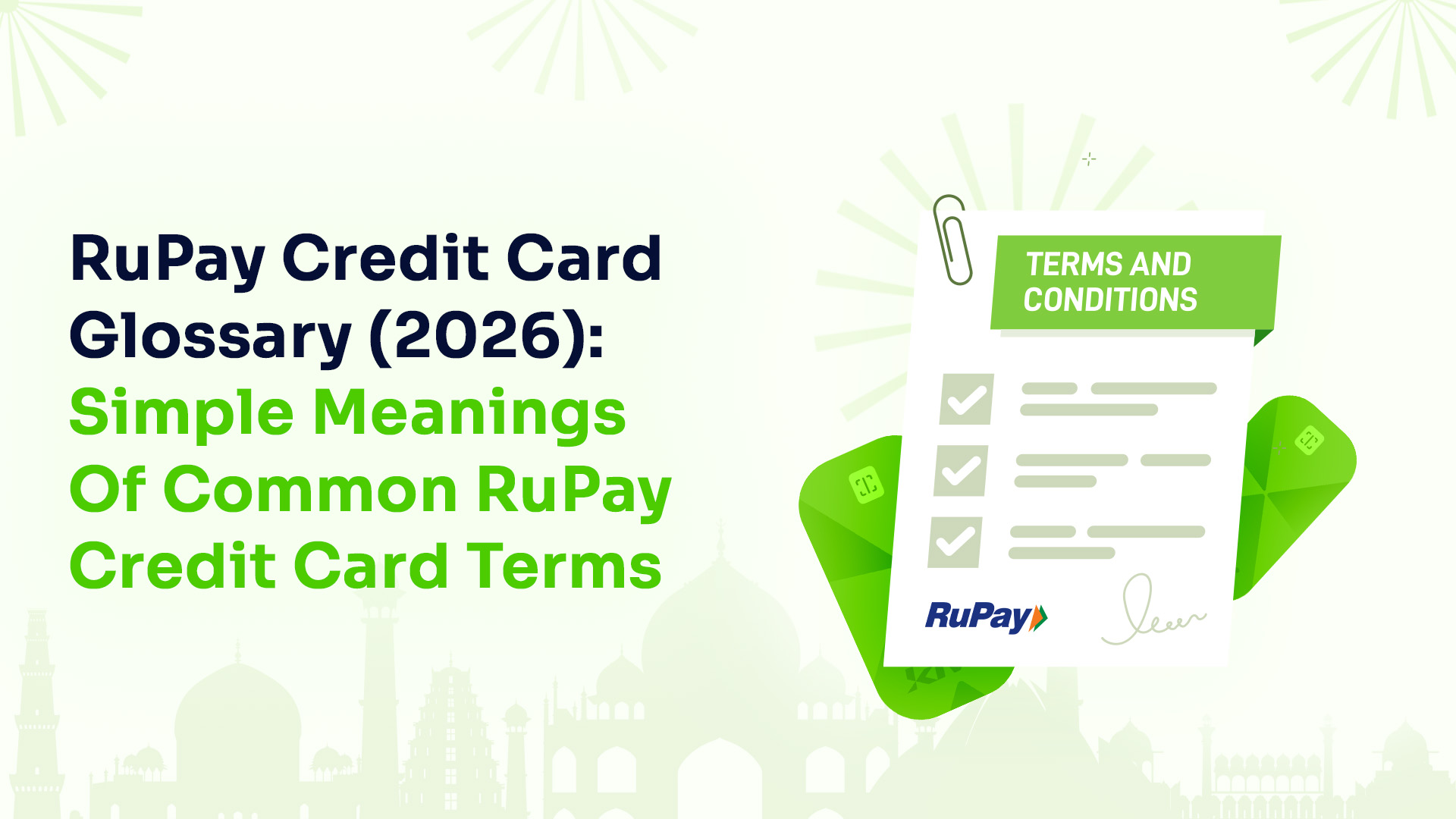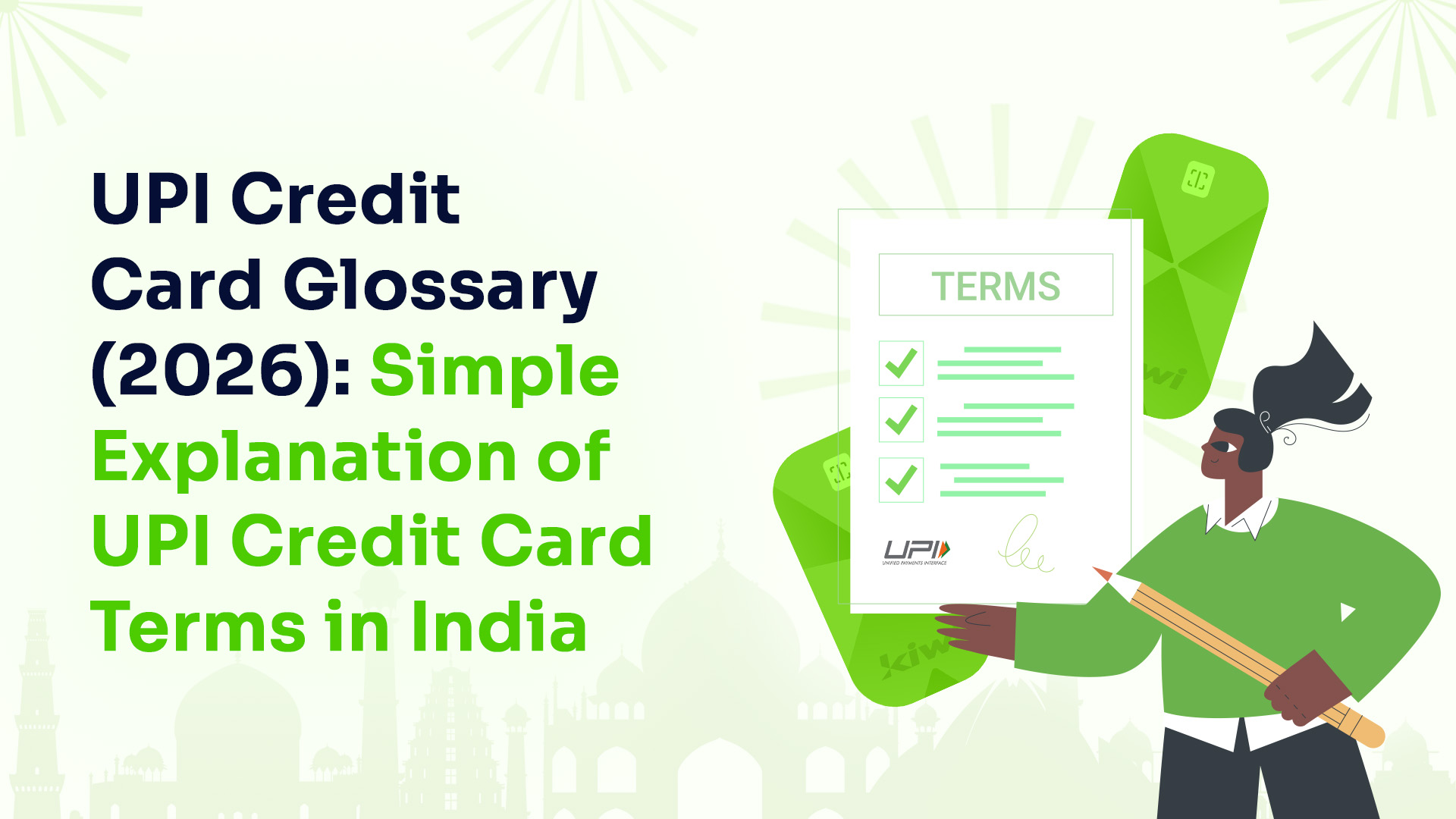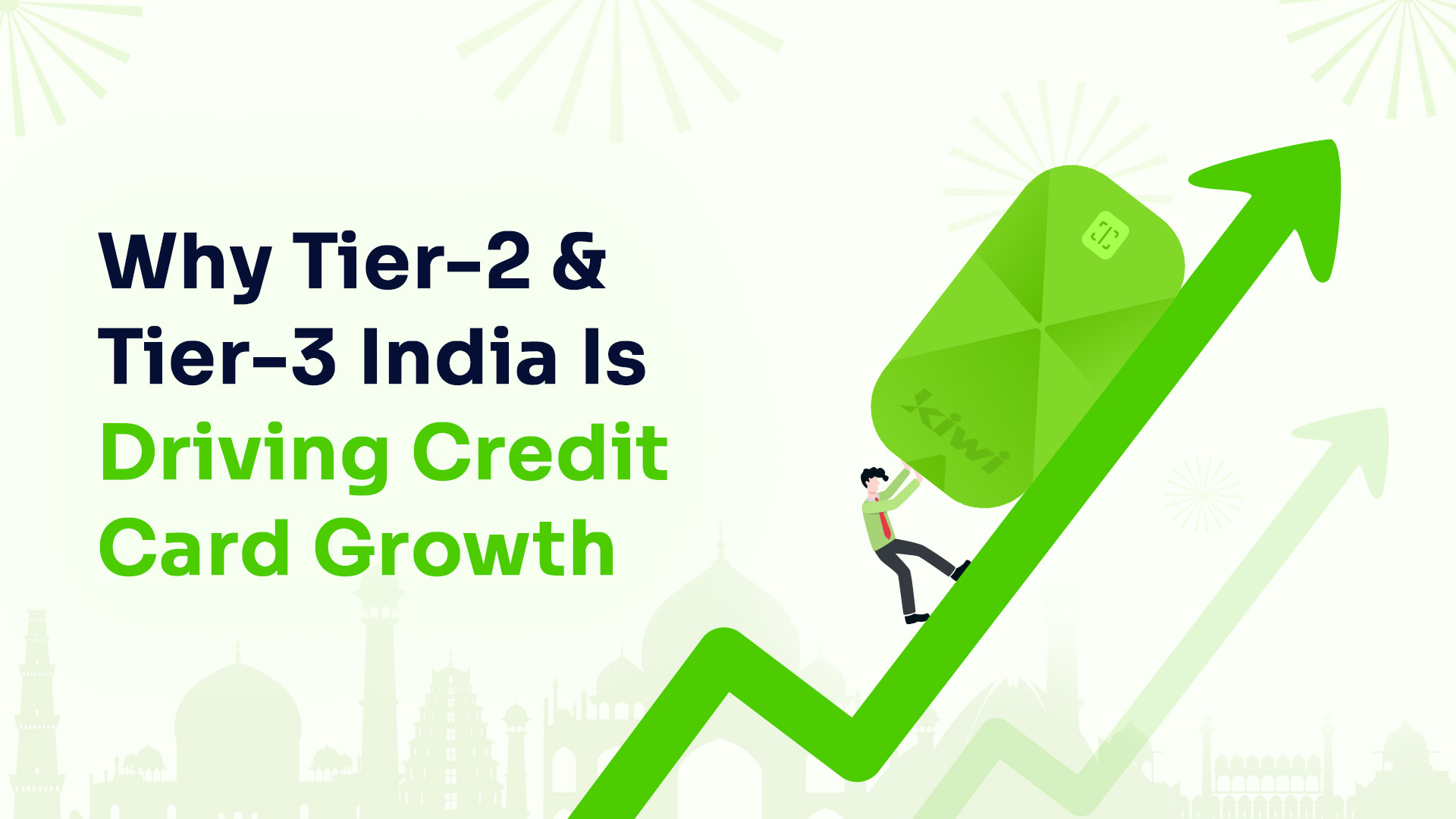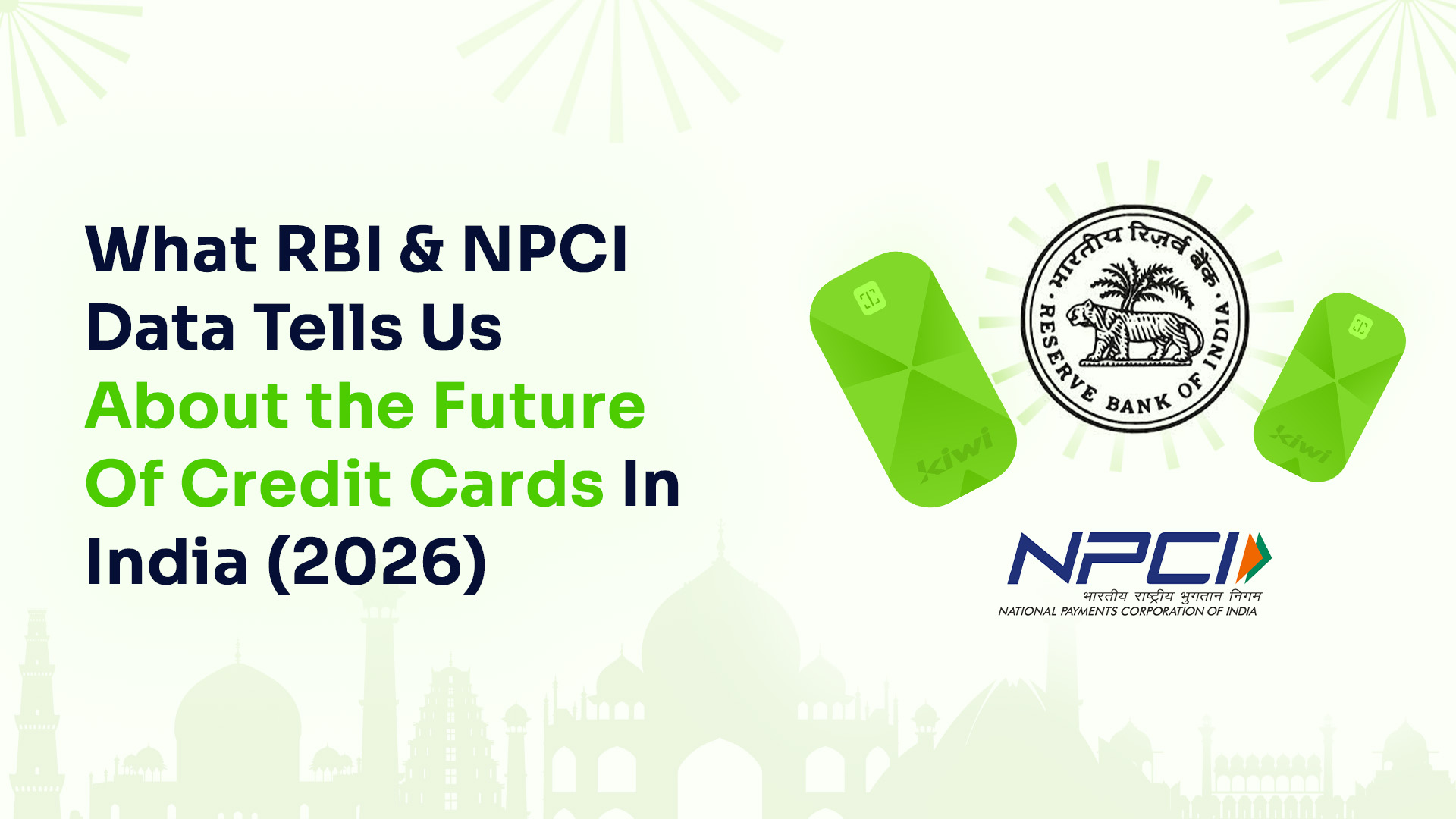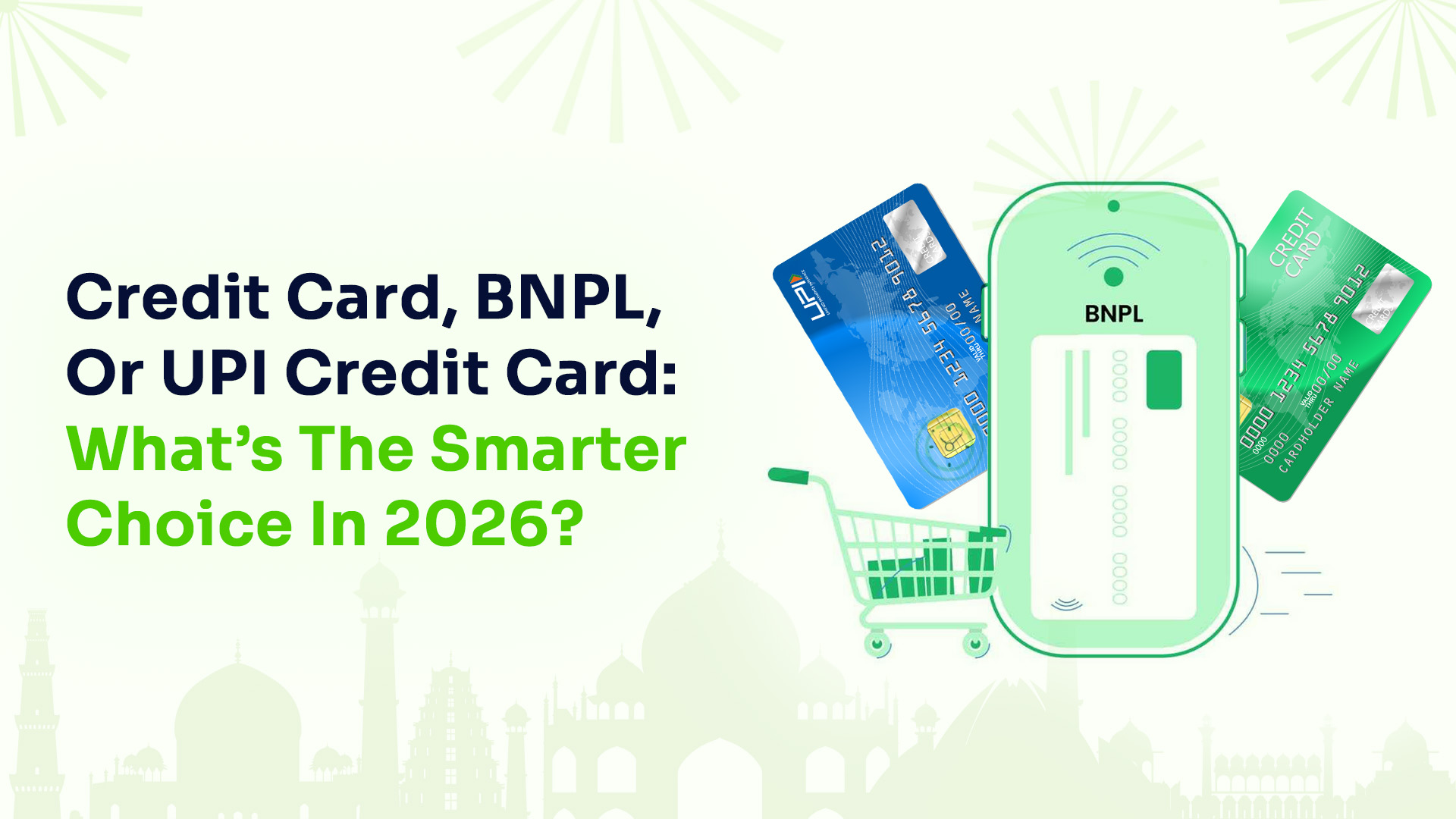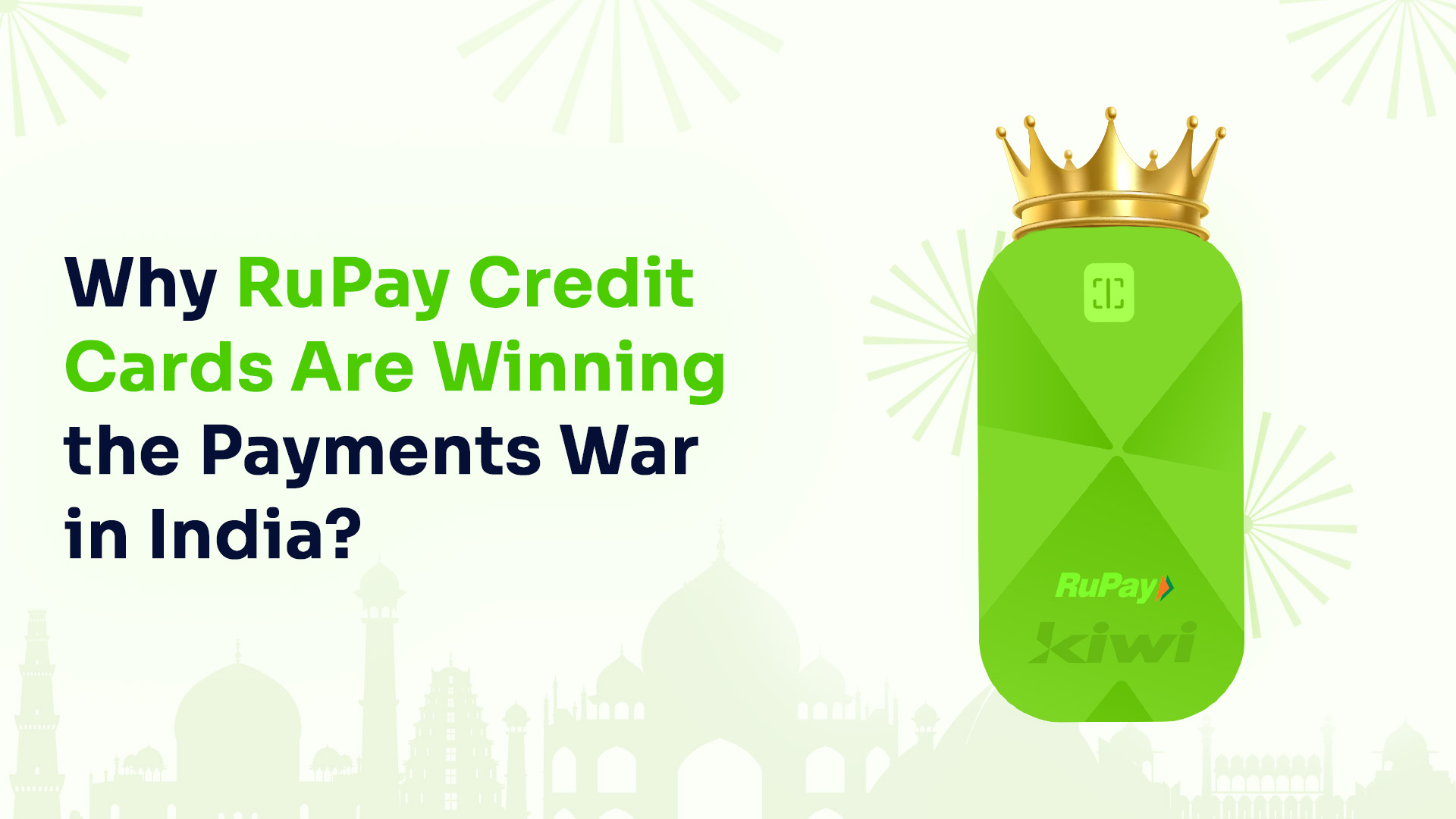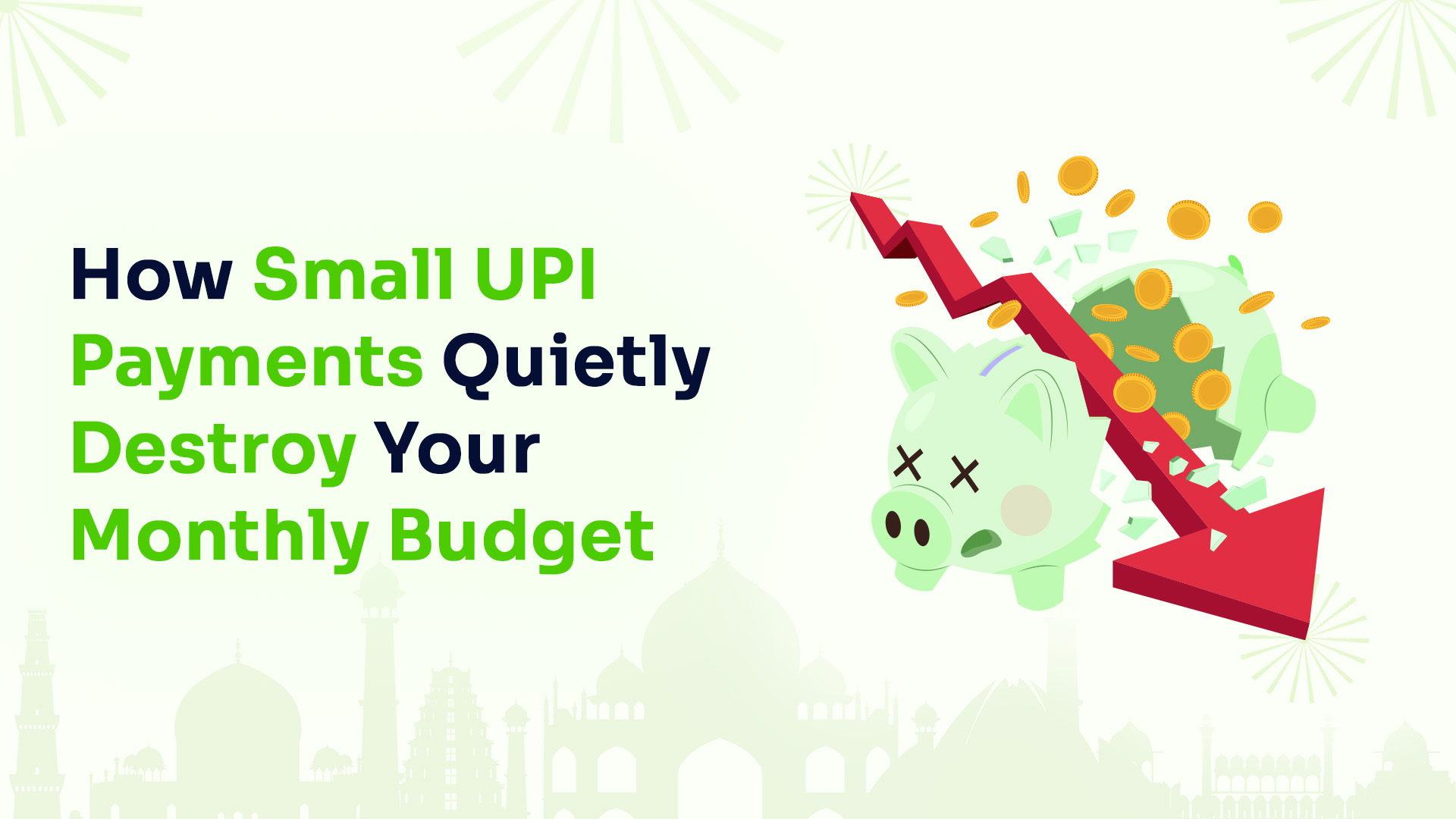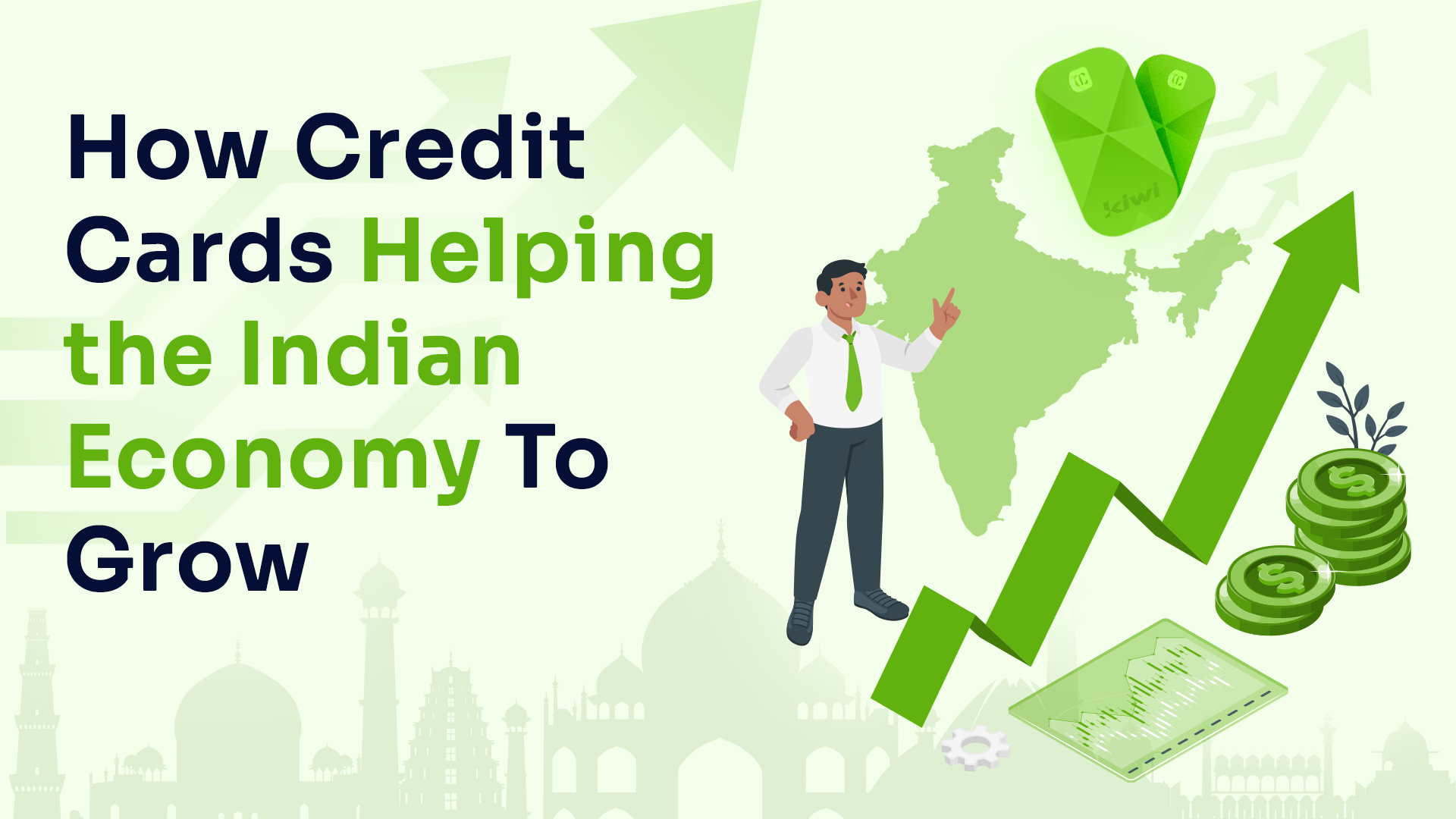
Credit cards are more than just a way to pay for things—they also help India’s economy. In this blog, we will explain in simple words how credit cards work and why they are important for Indian Economy.
Credit Cards start in India
In the early 1990s, when India started opening up its economy to the world, banks introduced credit cards. At first, only rich people or those living in big cities could use them, much like having the latest smartphone when only a few could afford it. As technology improved and banks created easier ways to use these cards, more and more people started using them.
How do Credit Cards help boost the economy?
Credit cards do more than help people buy items—they also give a big push to the economy in several ways:
- Increasing Consumer Spending: With a credit card, people can buy things even if they don’t have all the money at hand. This ability makes it easier to buy a new phone, clothes, or even go on a trip. When many people spend money, shops and companies make more sales, which creates more jobs.
Example: If you use your credit card to buy a new laptop, the shop gets paid and then might need to hire more staff or order more products, which helps the economy. - Helping Small Businesses Grow: Small businesses rely on customers spending money. When more people use credit cards, these businesses see more sales. This growth helps them hire more workers and expand their services.
Example: A small restaurant that gets many credit card payments might be able to open a new branch, which means more jobs for people in the area. - Making Digital Payments Easy: Credit cards connect with online shopping websites. As more people shop online using their credit cards, it makes the whole process of buying and selling smoother. This online growth supports the economy by opening new markets and opportunities.
Example: When you order a gift online using your credit card, the seller can quickly get paid, and the product is delivered faster, making online shopping more attractive to everyone.
Government and Bank Support
The Indian government and the Reserve Bank of India (RBI) have played important roles in making sure credit cards work well for Indian economy.
- Promoting Financial Inclusion: The government started programs to help more people open bank accounts. With more people using banks, it becomes easier for them to get a credit card later. This step is like inviting more people to join a big club where everyone can enjoy the benefits.
- Setting Up Rules for Safety: The RBI makes sure that banks follow strict rules so that customers feel safe using credit cards. For example, banks must clearly tell you about fees and interest rates. This transparency builds trust and makes more people willing to use credit cards.
- Encouraging Digital Payments: Government initiatives like the Digital India campaign promote the use of digital payments. When more people use digital payments, it makes the economy more modern and efficient.
Changing Habits with the Digital Revolution
The digital revolution has changed the way we pay for things. More people now shop online or use mobile apps for payments, and credit cards have become a big part of that change in the Indian economy.
- Online Shopping: E-commerce websites like Amazon and Flipkart offer special deals if you pay with a credit card. This not only makes shopping fun but also boosts the use of credit cards.
Example: If you get a 10% discount on a pair of shoes when you use your credit card, you are more likely to use it. More such offers mean more spending, which helps the economy. - Contactless Payments: Contactless credit cards and mobile payment options let you pay with just a tap. This technology is fast and safe, making it popular in busy cities where people want to save time.
Example: Imagine buying a cup of coffee with just a tap of your card—quick and easy! - Modern Lifestyles: As India’s middle class grows, many people want convenient and modern ways to pay. Credit cards offer rewards, travel points, and other benefits that match today’s lifestyle.
Challenges and New Chances
Even though credit cards help the economy, there are some challenges that come with them.
- Managing Debt: Using a credit card means borrowing money, which can lead to debt if not managed well. Banks and the RBI work to make sure that borrowing stays under control.
Example: Just like when you borrow money from a friend and promise to pay it back, it’s important to use credit cards wisely and not spend more than you can repay. - Preventing Fraud: As more people use credit cards, there is a risk of fraud or theft. Technology keeps getting better at protecting your money, but it is important to be careful.
Example: Just like you lock your house to keep it safe, banks and credit card companies use security measures to protect your money.
Despite these challenges, credit cards bring many opportunities:
- Creating New Products: Banks are always looking for new ways to serve customers. This leads to new types of credit cards that offer better rewards and lower interest rates.
- Reaching More People: A large part of India still does not use a bank account. Reaching these people with credit card products can boost both the industry and the overall economy.
- Using New Technology:
Innovations like artificial intelligence and blockchain are helping banks detect fraud faster and offer more personalised services. This technology makes credit cards even more useful and secure.
The Big Picture: How Credit Cards Affect the Economy
Credit cards influence many parts of the economy:
- Boosting GDP: When people spend more using credit cards, the country’s total production of goods and services (GDP) increases. More spending means more jobs and more growth for businesses.
- Creating Jobs: As banks and online stores expand their services, they hire more people. This growth creates more job opportunities and helps everyone earn a better living.
- Encouraging Innovation: The competition among banks to offer the best credit cards drives them to come up with new and better products. This innovation not only benefits consumers but also makes the whole financial system stronger.
What the Future Holds
The future of credit cards in India looks exciting as new technology and a growing middle class drive further change:
- Personalised Offers: Banks will soon offer credit cards that suit individual needs better. By using data about how you spend, banks can offer rewards that match your lifestyle—whether you love shopping, travelling, or dining out.
- Stronger Security: As cybersecurity improves, you will feel even safer using credit cards. This boost in security will encourage more people to use digital payments.
- Expanding to More Areas:
Efforts to bring banking to remote parts of India will continue. More people in small towns and villages will get access to credit cards, helping to boost local economies. - New Technologies: Innovations like blockchain and artificial intelligence will make transactions faster and safer. This progress will keep India’s payment systems modern and efficient.
Conclusion
Credit cards have grown from a luxury item for a few to a common tool that helps boost India’s economy. They make it easier for people to buy things, support small businesses, and help the country grow. With the government and banks working together, credit cards become safer and more useful every day.
Understanding how credit cards work can help you see why they are important, not just for buying things but for making our economy stronger. Whether you are shopping online, tapping your card for a quick coffee, or planning a big purchase, credit cards play a role in the daily life of millions of Indians and in the overall growth of our country.
In simple terms, credit cards are like tiny engines that help drive India’s economic progress. They help people enjoy modern conveniences, support local businesses, and create jobs. As technology and innovation continue to improve, the role of credit cards in our lives and in our economy will only get bigger and better.
By understanding this simple connection, we can appreciate how everyday financial tools can lead to big changes for our country.
